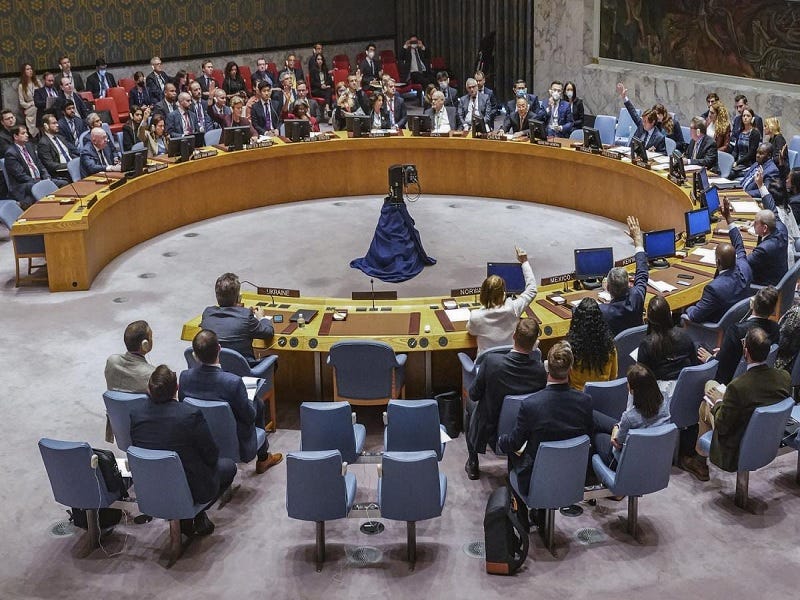In hindsight, what unfolded over the past weeks in the global information space can be described as an information warfare campaign aimed at sowing the seeds of suspicion between the societies of these special and privileged strategic partners.
Prime Minister Modi’s remark to President Putin on the sidelines of last month’s SCO Summit in Samarkand about how “I know that now is not an age of wars” was manipulated by many, including prominent figures in the Alt-Media Community (AMC) like M. K. Bhadrakumar, to falsely claim that India is turning against Russia. This was in spite of former Foreign Secretary and Ambassador to Russia Sibal as well as Russian Ambassador to India Alipov clarifying the issue, which was also followed by External Affairs Minister Jaishankar reaffirming India’s principled neutrality towards the Ukrainian Conflict.
In a move that transformed Delhi’s words into actions and thus discredited all those who speculated about its intentions, this rising South Asian Great Power abstained from voting for a US-backed resolution at the UNSC condemning Russia’s reunification with its historical territory of Novorossiya. Permanent Representative Kamboj explained this position by declaring that “It’s important that pathways are found for a return to the negotiating table. Keeping in view the totality of the evolving situation, India has decided to abstain on this resolution.”
It's therefore indisputably the case that those who earlier regarded Prime Minister Modi’s remarks as supposedly implying a shift in India’s stance towards Russia were wrong. In hindsight, what unfolded over the past weeks in the global information space can be described as an information warfare campaign aimed at sowing the seeds of suspicion between the societies of these special and privileged strategic partners. Some like Bhadrakumar presumably had innocent intentions but simply don’t understand India’s balancing act while others like Jacob Happymon deliberately distorted its policies.
From this observation, it can be concluded that well-intended but misguided individuals with authority among their audience like Bhadrakumar can inadvertently contribute to the infowars that their ideologically opposite peers are purposely waging. The first category of commentators is theoretically capable of reform and thus redeemable in terms of their integrity so long as they can overcome their ego to publicly acknowledge that they were wrong, while the second has no such chance since they’re willingly manipulating others’ perceptions for reasons that only they can account for if challenged.
Looking forward, a chain of predictions can be made. First, India will continue practicing its pragmatic policy of principled neutrality. Second, this selfsame policy will continue being misinterpreted and misportrayed by both categories of commentators respectively. Third, their targeted audiences will continue being confused since what they’re being told by trusted sources clashes with the actual facts of what’s happening. Fourth, some of these selfsame audiences might ultimately realize that they’re being misled. And fifth, they might in turn reject their prior sources and seek out alternative ones instead.
The final point can be expanded upon to propose that other Russian, Indian, and other experts who also specialize in those two Great Power’s relations but have a much higher track record of accurate analyses more actively share their views with a wider audience in order to counteract their peers’ disinformation. To this end, they should be scouted by those platforms – including publicly financed ones and those close to those two’s ruling parties – that have an interest in clarifying the reality of their relations as it objectively exists. The so-called “old guard” is discredited and now’s the time for a new one to rise.





What will India do once there IS no Russia?
The US has captured significant elements of Indian media...